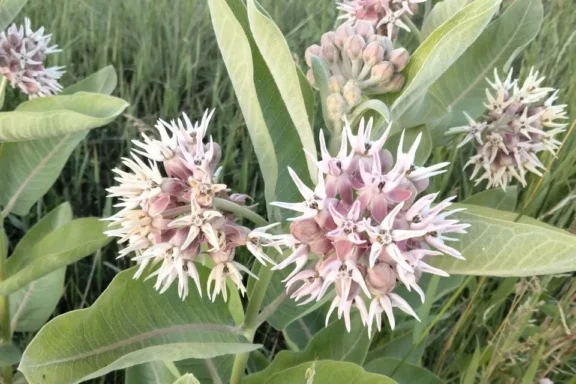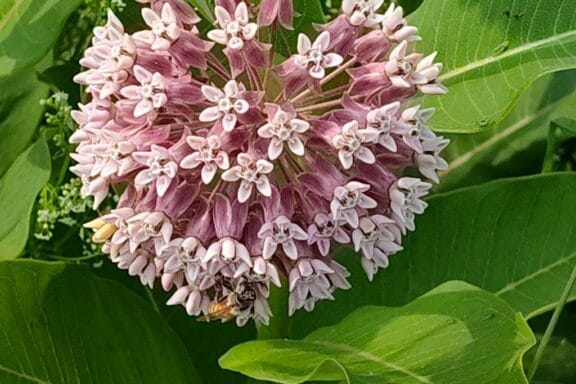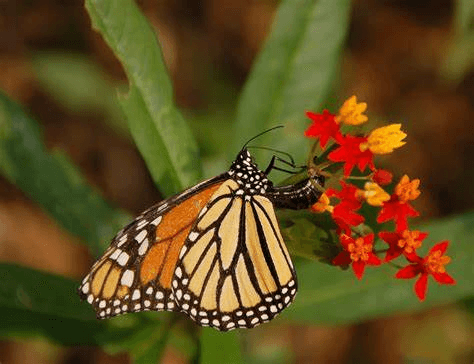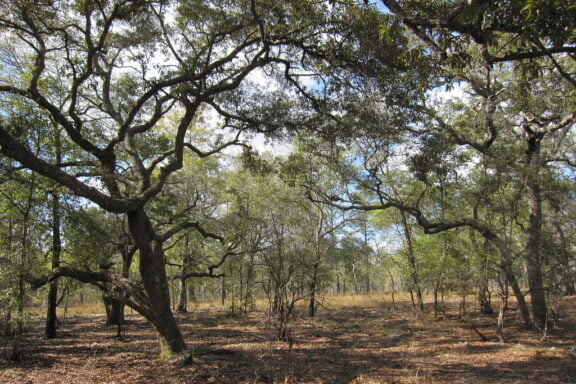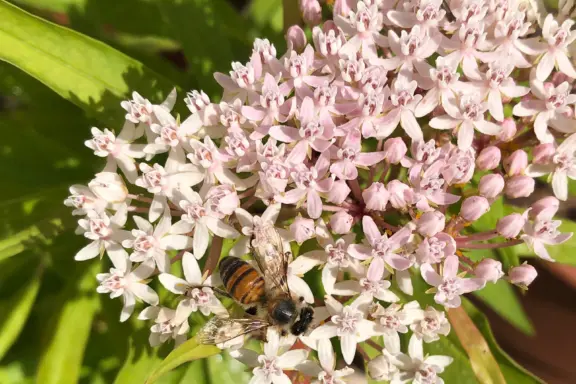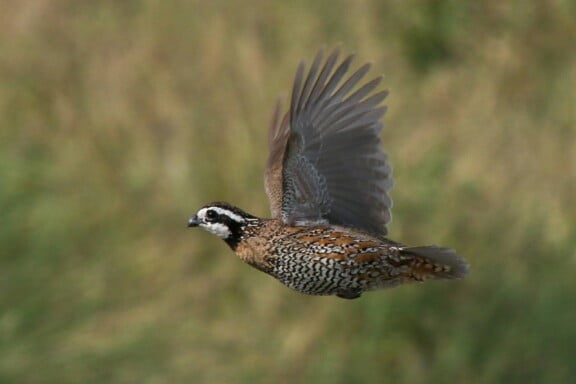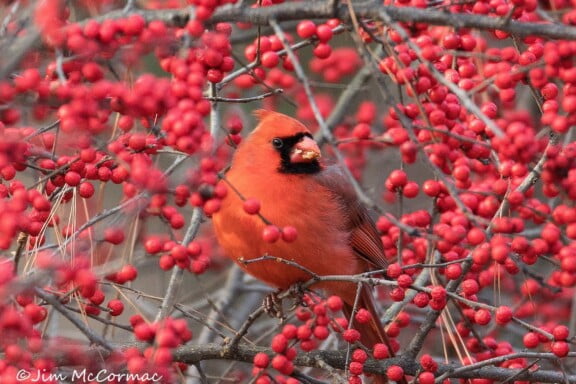Plant More Milkweed. Start with Showy.
Larval Host Plants
Vascular plants that are required by the larva of Butterflies (Papilionoidea)
Introducing “UnCommon Milkweed” – A Monarch Superhost for Zones 3–8
At Johnny Butterflyseed, we’re thrilled to announce our newest native seed offering: UnCommon Milkweed Seeds (Asclepias syriaca) — a powerful larval host plant for the endangered Monarch Butterfly: Native to the eastern and central U.S., A. syriaca is one of the most important milkweeds for supporting Monarch caterpillars. It produces […]
The Truth About Tropical Milkweed (Asclepias curassavica): A Florida-Native Species Worth Understanding
Let’s be clear: Tropical Milkweed is indeed a Florida-native species within USDA Plant Hardiness Zones 10 and above.
Whorled Milkweed (Asclepias verticillata)
Whorled Milkweed is one of the many varieties of milkweed that are critical to the survival of the Monarch Butterfly (Danaus plexippus).
Quercus Geminata: A Keystone Species for Ecosystem Restoration and Beyond
Quercus geminata, commonly known as the Sand Live Oak, is a prominent feature of the unique dune-like ecosystems of the central Florida Lake Wales Ridge.
Differences Between Asclepias Incarnata and Asclepias Perennis
“White Swamp Milkweed”: A Guide by Johnny Butterflyseed As an advocate for native plants and the preservation of butterfly habitats, Johnny Butterflyseed is committed to educating enthusiasts about the various milkweed species that support monarch butterflies in Florida and throughout the U.S. Southeast. Today, we focus on two milkweed species […]
The Benefits of American Black Nightshade (Solanum americanum Mill.) for Bobwhite Quail in Florida and the Southeast
American Black Nightshade (Solanum americanum Mill.) is an often overlooked but vital plant species that plays a significant role in the habitat and diet of the endangered Bobwhite Quail (Colinus virginianus). This article delves into the importance of American Black Nightshade for Bobwhite Quail across Florida and the southeastern United […]
Butterfly Shelter Plants for Cardinals
Here’s a list of southern shrubs that are known to attract and provide excellent nesting opportunities for Northern Cardinals:
